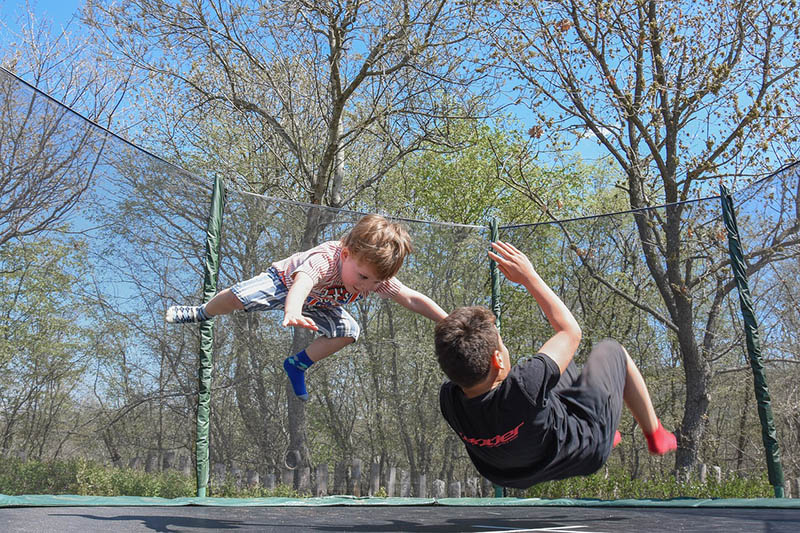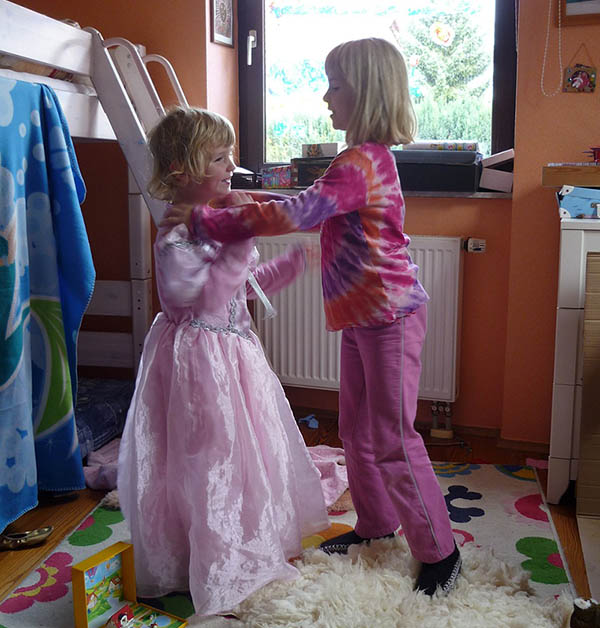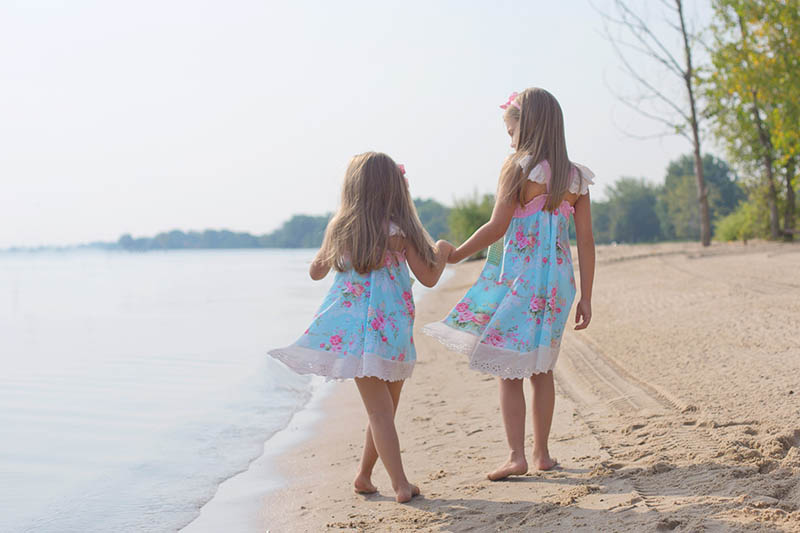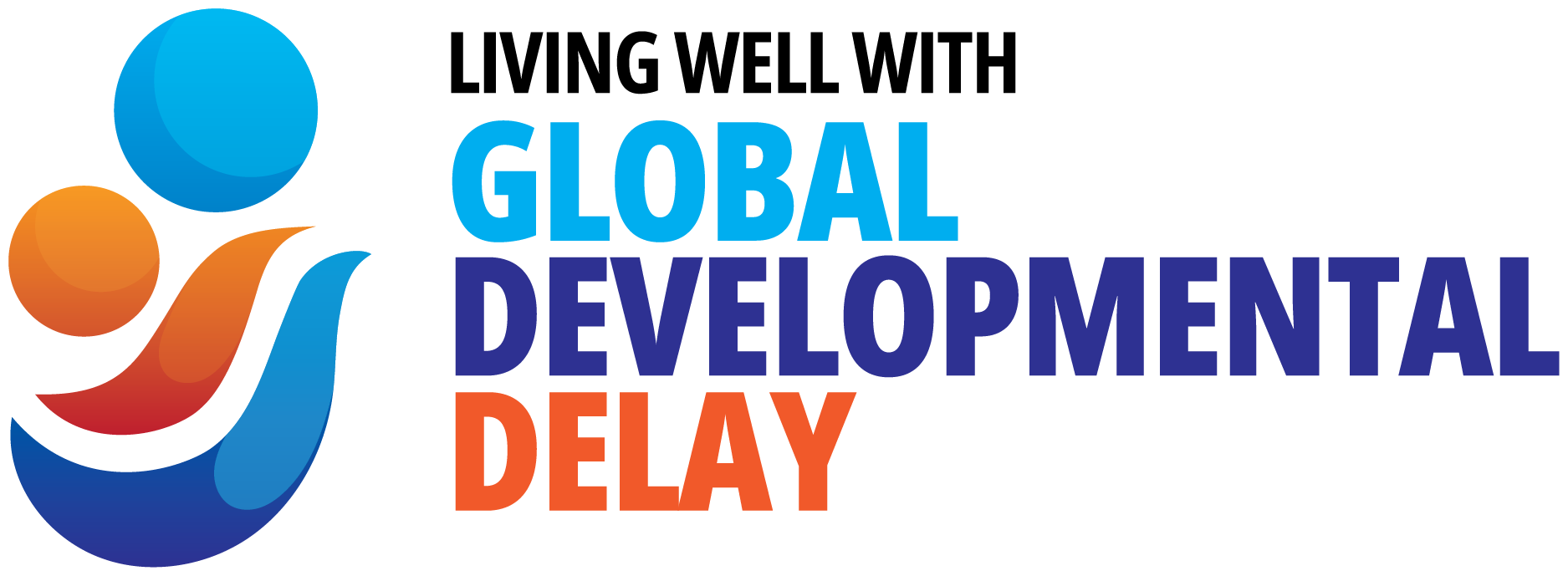- Wellbeing is influenced by the wellbeing of, and relationship with, other family members
- A child’s delay can result in both challenging and rewarding changes in the family
- Warm, secure relationships within the family are very important and benefit everyone
- Start small to increase your family’s wellbeing and relationships
Building positive family relationships
Key Messages

All parents face the challenge of understanding what their children need and how to support their development. But this challenge can be even more acute when your child has global developmental delay.

Family
All families grow and change in response to what happens over time. Similarly, all families have their unique strengths and challenges. When a child’s development is delayed, people and relationships in the family may be impacted in both challenging and rewarding ways.
Family relationships can directly influence the outcomes for children with delays. It is important that each individual in a family is nurtured to build the wellbeing and resilience of the family. Out of all the groups we belong to, the family is the most important and valued, and relationships between family members make a big difference. Service plans for children with delays should include parent and family needs, not just the needs of the child.
The wellbeing of family members and the quality of their relationships are intertwined and influence each other. Many factors contribute to how families adapt to their situations and thrive. Families come in all shapes and sizes, so think about who forms part of your child’s ‘family’.
A parent or carer’s relationship with the child
Parents and carers may experience parental stress and caring demands when a child’s development is delayed. Some parents and carers report that the parent-child relationship is even more positive and rewarding than what is experienced with a typically developing child. Sometimes the parent-child relationship becomes focused on disciplining the child (especially if the child has behavioural difficulties) with very few warm interactions.
The parent-child relationship is strongest when there is emotional warmth and secure attachment. Parents and carers should prioritise the development of a warm and caring relationship with their child.
Here are some tips:
- Play with, and have fun with, your child. Maybe you like dancing to the same songs or kicking a ball together.
- Use a pleasant tone and smile when talking with your child to show you care.
- Have an optimistic outlook about your child’s future and celebrate their achievements, even the small ones.
- Get involved with your child and their interests. You may not share your child’s enthusiasm for trains, but getting involved shows you care.
- Be responsive and sensitive to your child’s needs. When children know they can count on their carer to meet their needs, a stronger attachment is formed.
- When your child’s behaviour is difficult, it can result in feelings of anger. When directing your child it is important to stay calm. The instruction can be given firmly without damaging the warmth in the relationship.
Siblings
Sibling relationships are very important as children learn, grow and share their life. This is no different for families of children with delays. Sometimes parents may feel that the delay has a great impact on the sibling relationship, although children may have more positive feelings toward their sibling than parents know.
Some parents and carers also worry about the wellbeing of their other children, when they have a sibling with a delay. Siblings of children with delays have their own needs that require support. They may be more likely to develop emotional and behavioural problems and may report feelings of loneliness, embarrassment, and pressure. They may experience limited parental time and attention, restricted family activities, or teasing.
Although having a sibling with a delay can produce some negative outcomes, many siblings report that they experience positive outcomes such as personal, social and religious growth. They may be more empathic and caring for example. Many develop resilience and adaptability.
Siblings cope best when there are positive family experiences, lower parental stress, regular family routines, open communication, shared respect, and a positive emotional climate in the family.
The researchers Moyson and Roeyers (2012) asked a group of siblings what helped them to feel good.
They came up with nine things:
- Doing things with their sibling
- Understanding each other
- Having private time and doing things without their sibling
- Learning to accept difference
- Having ways to cope with their sibling’s difficult behaviour
- Knowing their sibling is well
- Sharing and having fun with other children with siblings with delays
- Receiving social support from parents and others
- Existing in a world that appreciates their sibling

Siblings may also benefit from connecting with others in a similar situation: www.siblingsaustralia.org.au
This organisation provides support for brothers and sisters of people with disability. www.livewire.org.au
Livewire is an online community for young people with disability or serious illness and their siblings. It has facilitated chat rooms, blogs and articles. Livewire also runs events and activities at hospitals.
Parents’ relationship
Having a child with delays can place stress and demands on parents’ time. Sometimes, this may result in shorter and less satisfying couple relationships. Thinking about how you can improve the quality of your relationship with your partner is important. How you resolve conflict plays an important role in the quality of the relationship and the wellbeing of both partners. Taking a positive, problem-solving approach is best. This means always treating each other with respect and talking about the things you can do to improve the situation.
Low couple relationship satisfaction and partner disagreement also have a negative impact on the family. If you require additional support contact Relationships Australia at https://relationships.org.au/ or by phoning 1300 364 277.
If you feel distressed thinking and reading about this topic,
talk to your GP or health professional. You can also call Lifeline on 131 114.
Ahmadi Doulabi, M., Sajedi, F., Vameghi, R., Mazaheri M. A., Akbarzadeh Baghban A., Afraz F. (2019). Marital Satisfaction and Depression in Mothers of 3-4 Year-Old Children with Developmental Delay in Comparison with Mothers of Normal Children. Iran Journal of Child Neurolology, 13(4), 91-100.
Binyamini. (2012). Coping of siblings of children with developmental disabilities in the Bedouin community. Research in Developmental Disabilities, 33(3), 825–831.
Blacher, J., & Baker, B. L. (2007). Positive impact of intellectual disability on families. American Journal on Mental Retardation, 112(5), 330–348.
Crnic, K., Gaze, C., & Hoffman, C. (2005). Cumulative parenting stress across the preschool period: relations to maternal parenting and child behaviour at age 5. Infant and Child Development, 132, 117–132.
Crnic, K., & Low, C. (2002). Everyday stresses in parenting. In Handbook of parenting volume 5 practical issues in parenting (Vol. 5, pp. 243–267).
Dodd, L. W. (2004). Supporting the siblings of young children with disabilities. British Journal of Special Education. 31(1), 41-49.
Dyson, L. L. (1998). A support program for siblings of children with disabilities: what siblings learn and what they like. Psychology in Schools, 35(1), 57-64.
Giallo R. & Gavidia-Payne, S. (2006). Child, parent and family factors as predictors of adjustment for siblings of children with a disability. Journal of Intellectual Disability Research, 50(12), 937-948.
Green, S. E. (2007). “We’re tired, not sad”: benefits and burdens of mothering a child with a disability. Social Science & Medicine, 64(1), 150–163.
Greenberg, J.S., Seltzer, M.M., Krauss, M.W., Chow, R.J. & Hong, J. (2004). The effect of quality of the relationship between mothers and adult children with schizophrenia, autism, or Down syndrome on maternal well-being. The mediating role of optimism. American Journal of Orthopsychiatry, 74(1):14–25.
Hartling, L., Milne, A., Tjosvold, L., Wrightson, D., Gallivan, J., & Newton, A. S. (2014). A systematic review of interventions to support siblings of children with chronic illness or disability. Journal of Paediatrics and Child Health, 50, E26-E38.
Hauser-Cram, P., Warfield, M. E., Shonkoff, J. P., Krauss, M. W., Sayer, A., Upshur, C. C., & Hodapp, R. M. (2001). Children with disabilities: a longitudinal study of child development and parent well-being. Monographs of the Society for Research in Child Development, i-126.
Heiman T. (2002). Parents of children with disabilities: Resilience, coping, and future expectations. Journal of Developmental and Physical Disabilities, 14:159–171.
Hickey, E. J. (2018). Understanding the Emotional Quality of the Parent-Child and Parent Couple Relationships in the Context of Child Autism Spectrum Disorder (PhD Dissertation), submitted to University of Wisconsin – Madison.
Jansen‑van Vuuren, J., Parvin Nuri, R., Nega, A., Batorowicz, B., Lysaght, R., Aldersey, H. M. (2021). Family quality of life for families of children with disabilities in African contexts: a scoping review. Quality of Life Research, Springer Nature.
Kao, B., Romero-Bosch,L., Plante, W. & Lobato, D. (2011). The experiences of Latino siblings of children with developmental disabilities. Child: Care, Health and Development. Blackwell Publishing, 38(4), 545-552.
Krys, K., Capaldi, C.A., Zelenski, J.M. et al. (2021). Family well-being is valued more than personal well-being: A four-country study. Curr Psychol, 40, 3332–3343.
Langley, E., Totsika, V., Hastings, R. P., & Bailey, T. (2021). Family Relationships and Their Associations with Perceptions of Family Functioning in Mothers of Children with Intellectual Disability. American Journal on Intellectual and Developmental Disabilities, 126(3), 187–202.
Lobato, D. J. (1990) Brothers, Sisters and Special Needs: information and activities for helping young siblings of children with chronic illnesses and developmental disabilities. Baltimore.
Luijkx, J., van der Putten, A., & Vlaskamp, C. (2016). “I love my sister, but sometimes I don’t”: A qualitative study into the experiences of siblings of a child with profound intellectual and multiple disabilities, Journal of Intellectual & Developmental Disability,41(4), 279-288.
McCullough, K. & Simon, S R. (2011). Feeling Heard: A Support Group for Siblings of Children with Developmental Disabilities. Social Work with Groups, 34, 320-329.
McKeever, P., & Miller, K. L. (2004). Mothering children who have disabilities: a Bourdieusian interpretation of maternal practices. Social Science & Medicine, 59(6), 1177–1191.
McKeown, K., Haase, T., Pratschke, J., & Kennedy, G. (2003). Family well-being: what makes a difference? (p. 5). Ceifin Centre and Department of Social and Family Affairs.
Moyson, & Roeyers, H. (2012). ‘The overall quality of my life as a sibling is all right, but of course, it could always be better’. Quality of life of siblings of children with intellectual disability: the siblings’ perspectives. Journal of Intellectual Disability Research, 56(1), 87–101.
National Research Council and Institute of Medicine (2000). From Neurons to Neighborhoods: The Science of Early Childhood Development. National Research Academy and Research of Medicine, National Academy Press. Washington D.C.
Pedersen, A. L., Crnic, K. L., Baker, B. L., & Blacher, J. (2015). Reconceptualizing Family Adaptation to Developmental Delay. American Journal on Intellectual and Developmental Delay, 120(4), 346–370.
Shivers, C.M., McGregor, C.M. (2019). Brief Report: Sibling Feelings Toward their Brother or Sister With or Without Autism or Intellectual Disability. J Autism Dev Disord, 49, 404–409.
Teague, S.J., Newman, L.K., Tonge, B.J. & Gray, K.M. (2018). Caregiver Mental Health, Parenting Practices, and Perceptions of Child Attachment in Children with Autism Spectrum Disorder. Journal of Autism and Developmental Disorders, 48, 2642–2652.
Williams, P. D., Piamjariyakul, U., Graff, J. C., & Stanton, A. (2010). Developmental Disabilities: Effects on Well Siblings. Issues in Comprehensive Pediatric Nursing, 33, 39-55.
